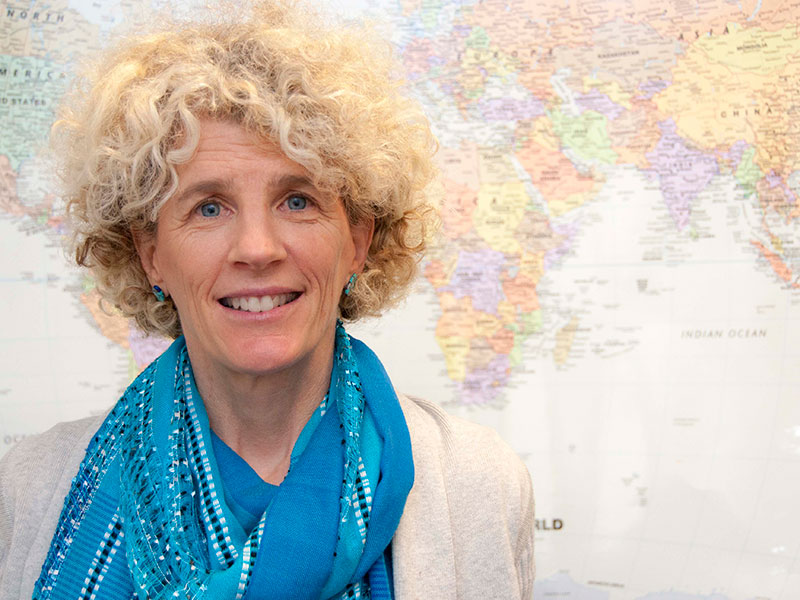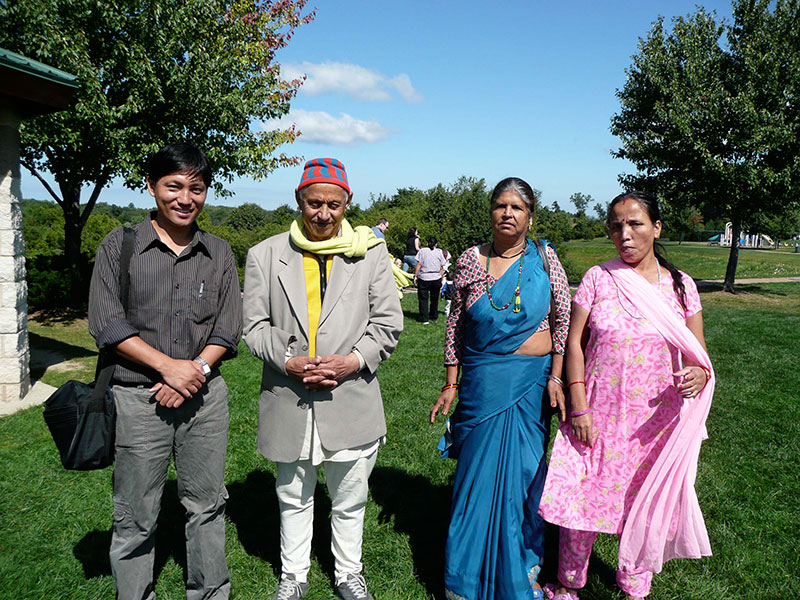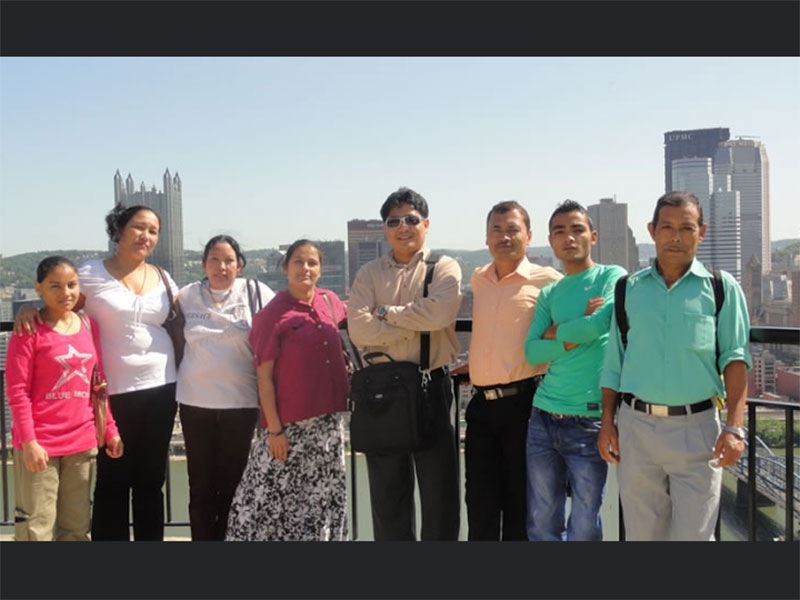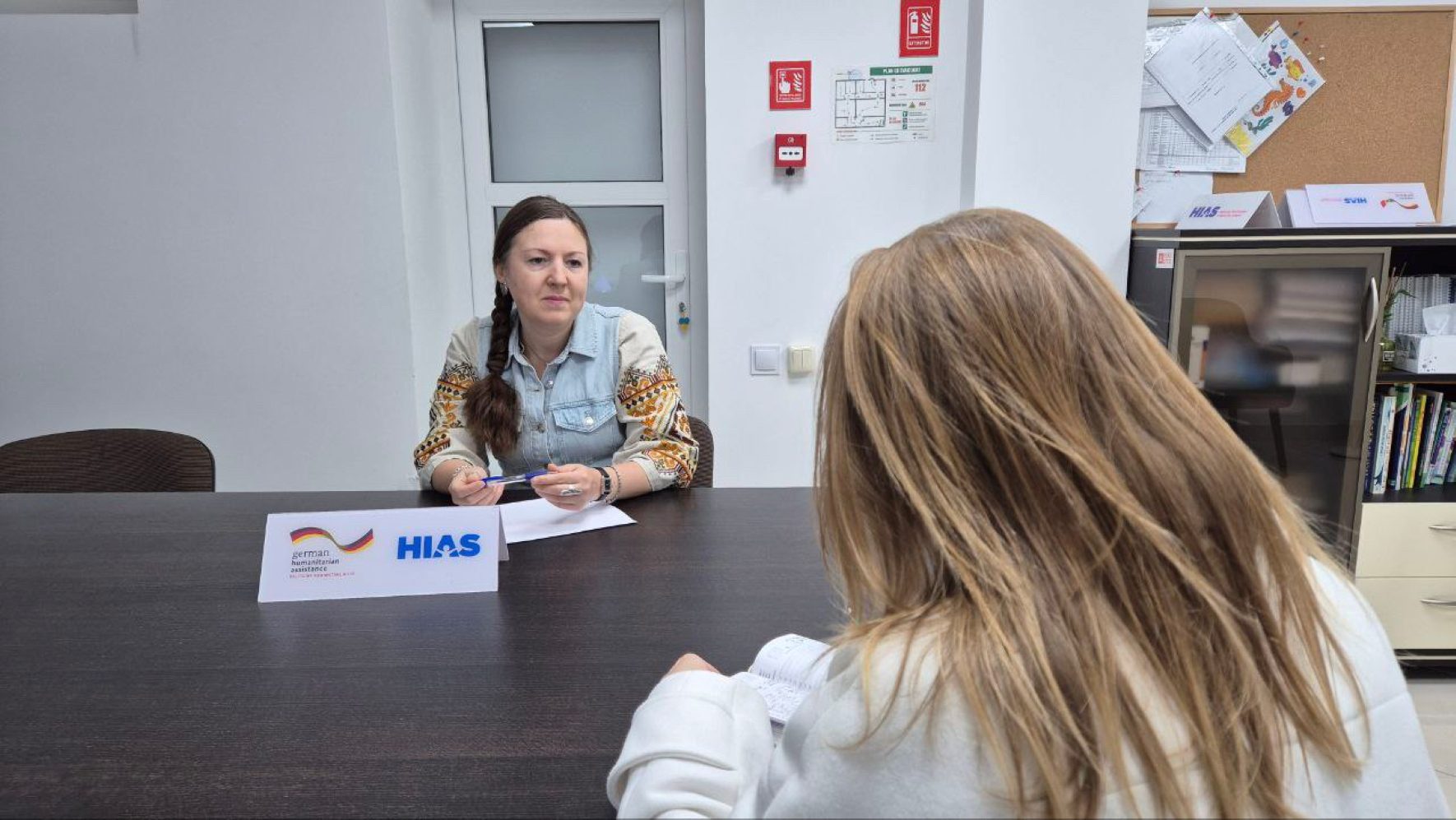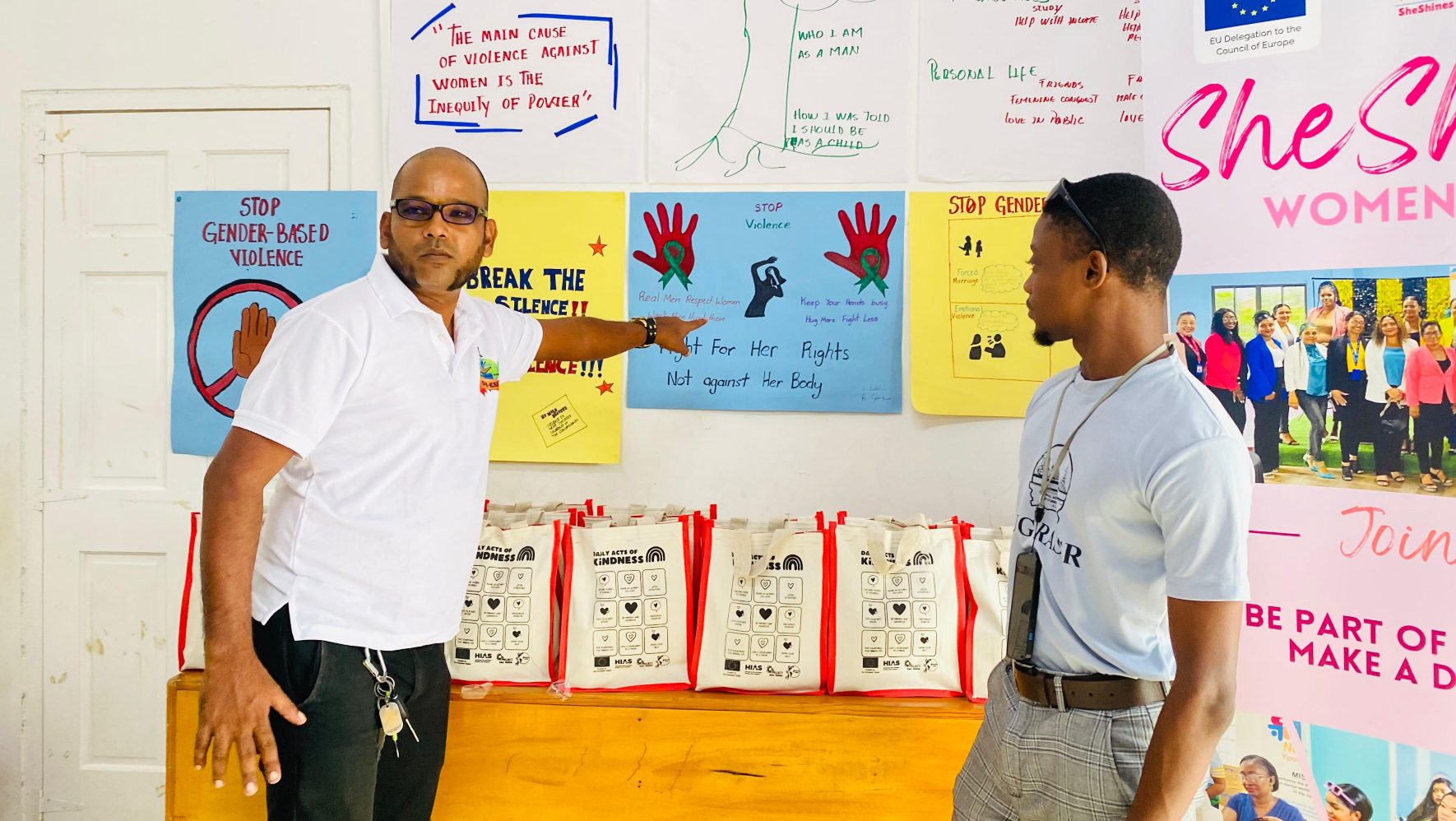[AUDIO] Resettling Refugees in Pittsburgh, Human to Human
By Gabe Cahn, HIAS.org
Sep 01, 2016
“I don’t know what they’ve been through, but I can relate to them as parents—as human beings.”
This week, the United States welcomed the 10,000th refugee from the war in Syria. Even after the Obama Administration publicly pledged to step up its refugee resettlement efforts this past September, reaching this year-long goal was no easy feat.
Leslie Aizenman is someone who knows quite a bit about the intense work required to resettle each and every refugee who arrives here in the United States. For the past eight and half years, she’s worked at Jewish Family & Children’s Service of Pittsburgh, a HIAS affiliate that helps “a lucky few” start new lives in America.
Last month, Aizenman sat down with the World Affairs Council of Pittsburgh’s weekly half-hour radio show to discuss the community-wide support that goes in to welcoming a refugee to Pittsburgh—something JF&CS is poised to do for between 50 and 60 families this year.
“This person is not somebody coming across borders for economic reasons, this is for fear of their life. So it’s a specific type of person,” Aizenman explained.
Out of the 65 million people who are displaced from their homes today, less than one percent will be resettled to a third country such as the United States, so resettlement is only a realistic option for a handful of refugees who can clear the extensive security vetting process.
Asked how a refugee family ends up in a city like Pittsburgh, Aizenman answered that they would have to request it because they knew someone there or had family in the Pittsburgh area. However, because the newly arriving Syrian refugees don’t have existing ties in America, JF&CS tells HIAS, a national agency, how many people they think they can resettle effectively and are allotted cases accordingly.
As for what happens once refugees finally get to Pittsburgh, Aizenman calls it a “low-tech, high-touch process—human to human.” After receiving just two weeks’ notice, her organization is responsible for finding and setting up affordable housing for refugees, making sure someone who speaks their language is at the airport for arrival, and providing a culturally appropriate first meal in the United States, and that’s just day one.
In the days, weeks and months following a refugee’s resettlement in Pittsburgh, Aizenman leads a community-wide effort to empower these families with the resources they need to succeed. A giant piece of successful resettlement is employment, according to Aizenman. Often sacrificing prestige and salary-level to make new career choices in the U.S. that accommodate the language barrier, refugee parents simply tell her, “I want my kids to have a chance.”
Finally, asked what can a Pittsburgher can do to help resettled refugees during their challenging first few months, Aizenman replied, “be welcoming with a smile, for starters.”
To hear the full radio interview with Leslie Aizenman, JF&CS’ Director of Refugee and Immigrant Services, click here.
